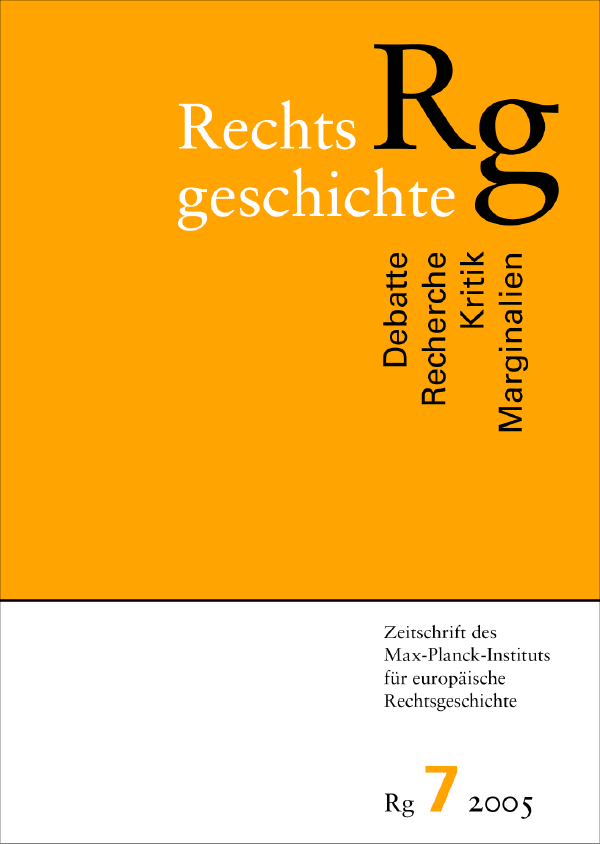Wissenschaftsfreiheit
Beobachtungen zum deutschen und japanischen »juristischen« Diskurs
DOI:
https://doi.org/10.12946/rg07/074-086Abstract
Academic freedom in Japan has been constitutionally guaranteed only since the close of the Second World War. In the first authoritative commentary on the constitution one discovers an explicit allegation of German commentary literature on the subject of academic freedom. Obviously, there is a general assumption of analogy in the fundamentals of academic freedom in both countries. However, a closer look reveals not only individual but also structural differences in the matter. Whereas German legal sciences have attempted to liberate academics in the late 68s from a historically rooted idea of the »fundamental law of the German university«, especially with Schlink and Roellecke, academic freedom in Japan is seen until today as a result of the combination of freedom of thought and the autonomy of the university. Behind this dogmatically rather foggy construction lies an idea of the moral superiority of the universityprofessor over normal people. Japanese dogmatics is therefore filled with social-ethical elements. In the face of the privatization of all Japanese universities, academic freedom – which is guaranteed by the constitution – proves itself too weak in the political-juridical debate on account of its dogmatic lack of focus.
Downloads
Published
How to Cite
Issue
Section
License
Copyright (c) 2005 Author

This work is licensed under a Creative Commons Attribution-NonCommercial-NoDerivatives 3.0 Unported License.





